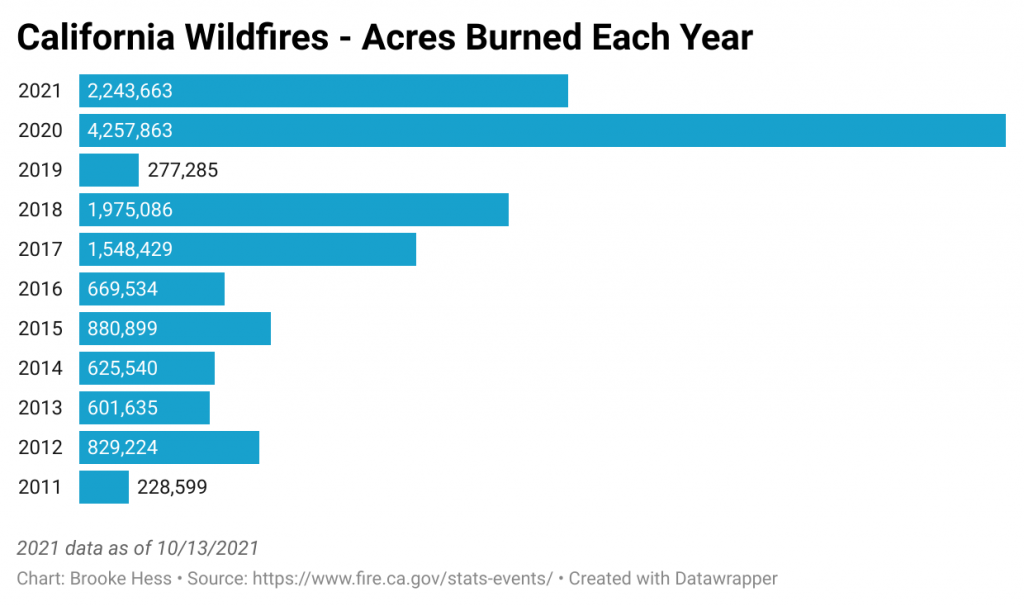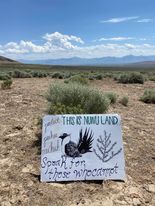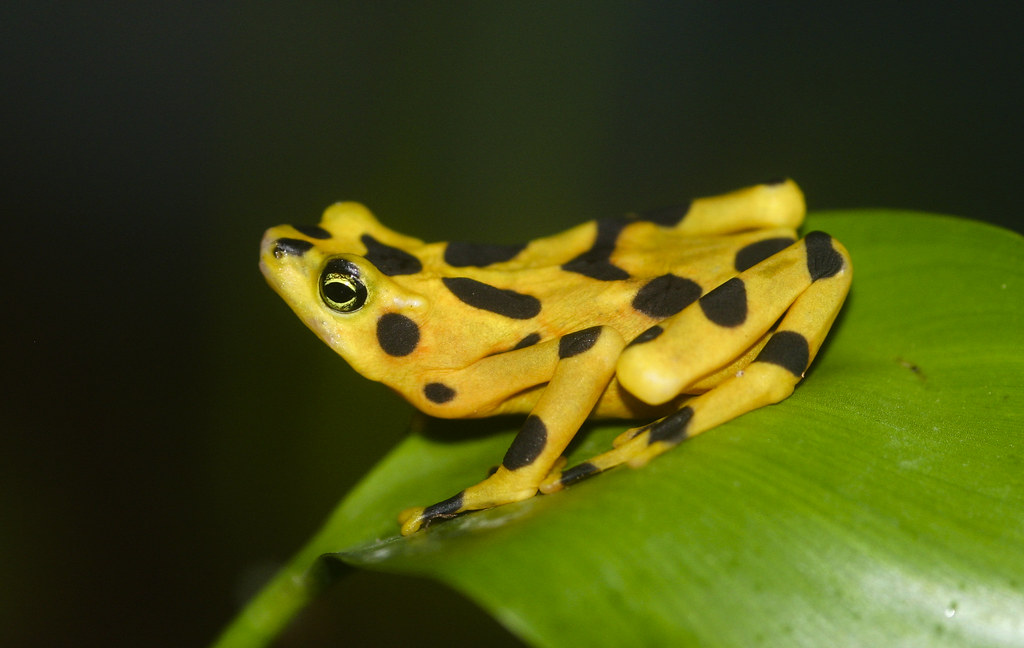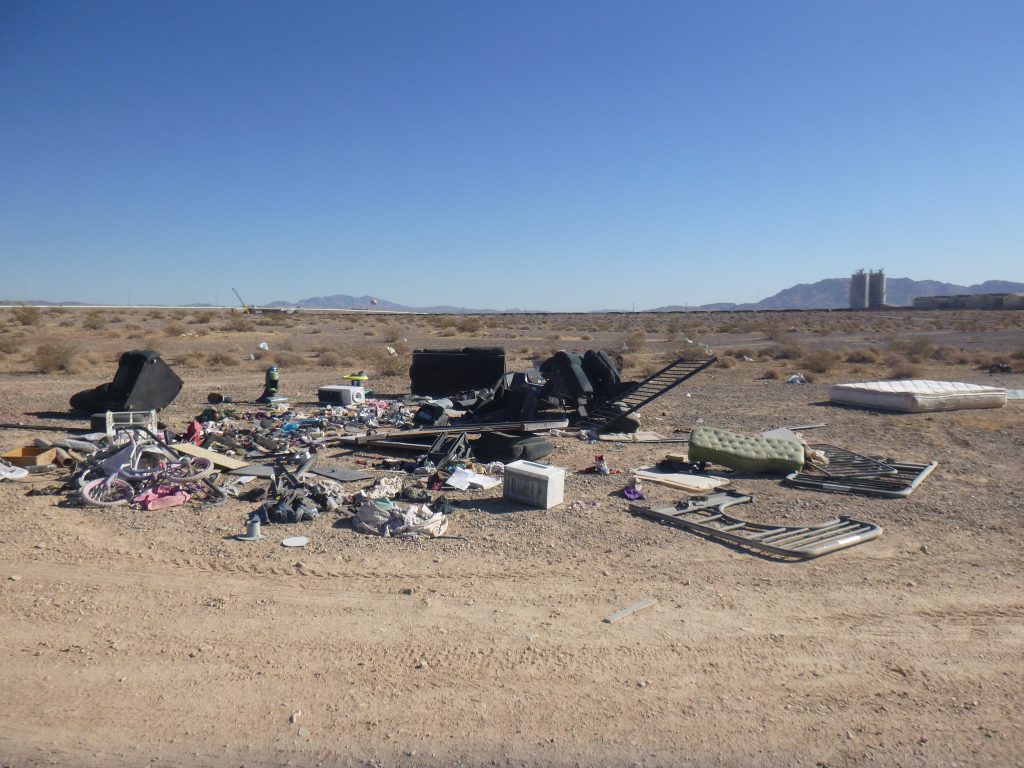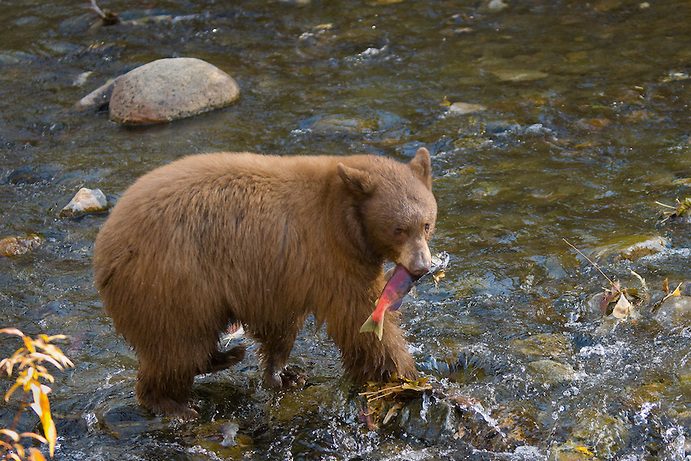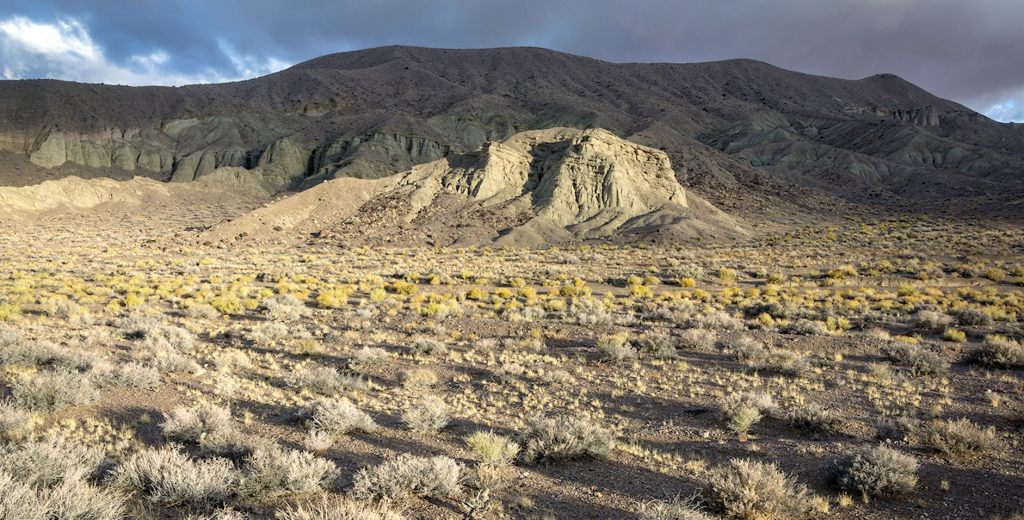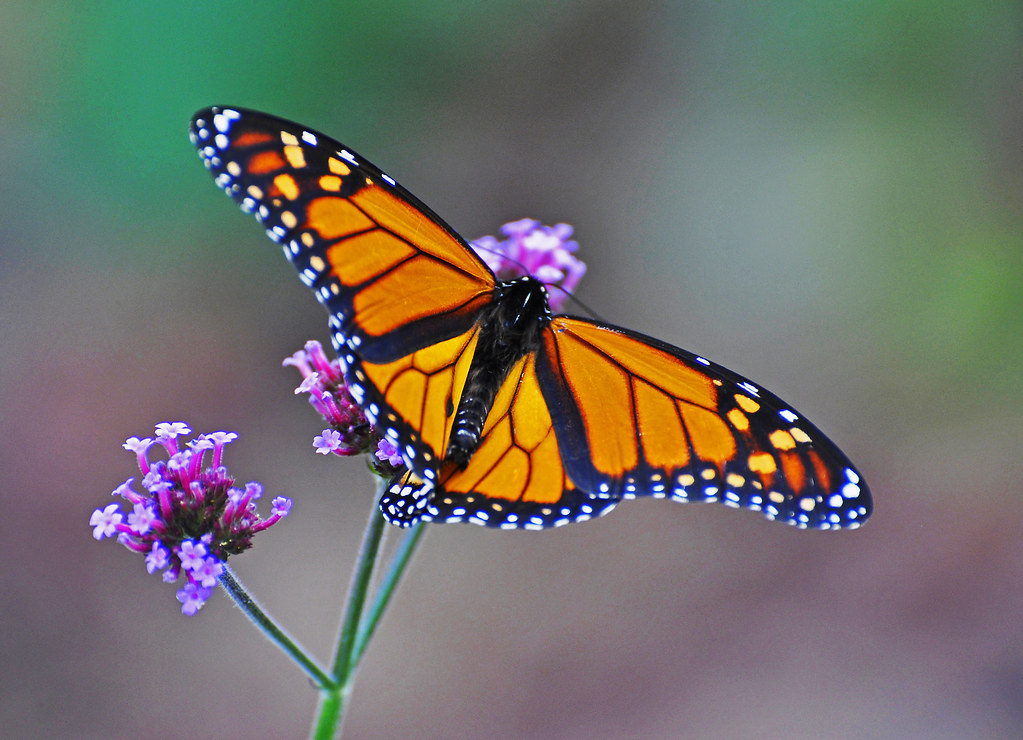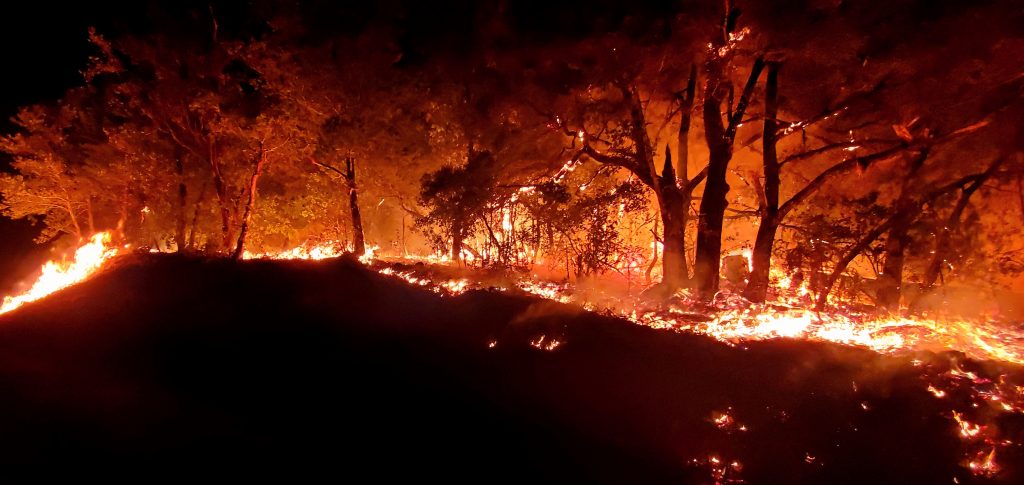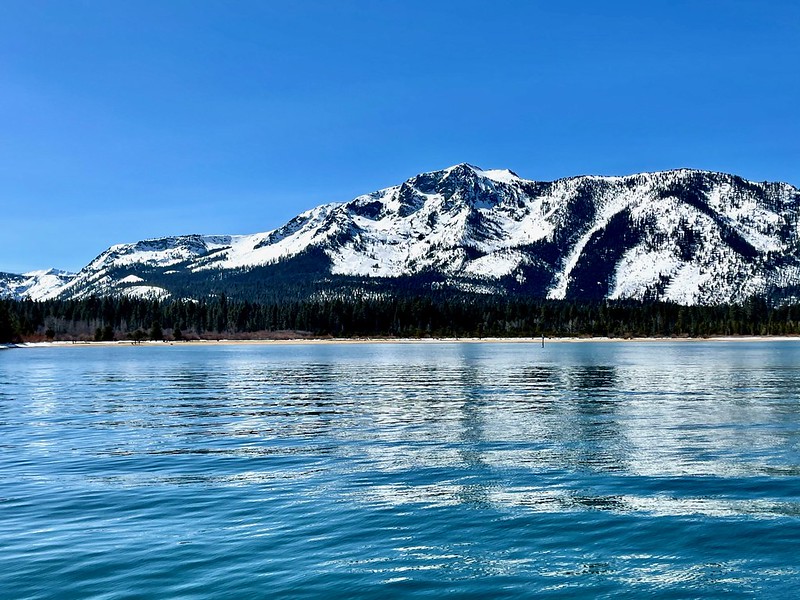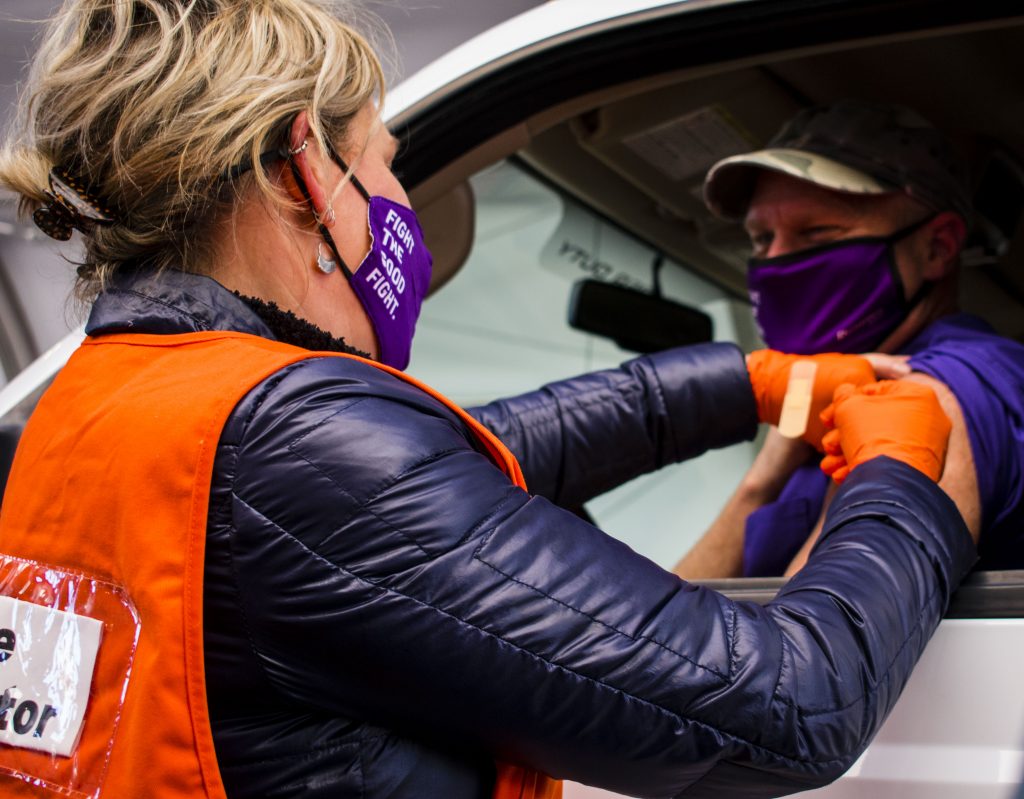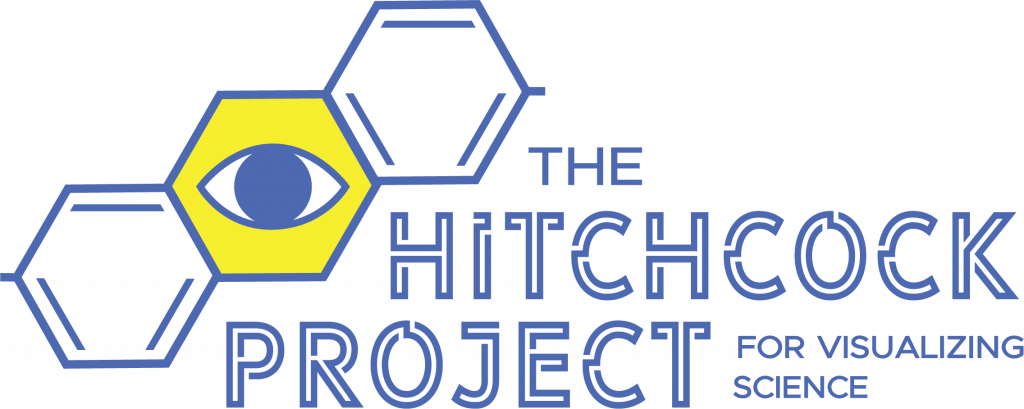NEWS
Science news by students in UNR’s Reynolds School of Journalism. If you are interested in writing for the Hitchcock Project or if you have a news story you would like us to cover, please contact Kelsey Fitzgerald, kmfitzgerald@unr.edu.
Acres burned in California wildfires have shown an increasing trend over the past decade. 2020 had double the acres burned of any previous year over the past decade. 2021 is already over halfway to equaling 2020's numbers, and it's only mid-September.
Lithium Nevada has proposed a pit mine on the ancestral lands of the Fort McDermitt Paiute and Shoshone tribes. The land is currently controlled by the Bureau of Land Management.
It now appears that some endangered frogs are able to survive the deadly disease. Dr. Jamie Voyles is trying to understand how some species fight to the fungus, while others are killed.
Despite available resources to properly dispose of trash, illegal dumping has increased on Nevada public lands.
Abnormal behavior found in Tahoe's black bear population has puzzled researchers.
With climate change making the Sierra Nevada receive less moisture and become warmer, agriculture in the region will have to learn to adapt to the new conditions.
Climate change has resulted in a severe decline in butterfly populations over the past forty years that is likely to continue.
As the West approaches another dry summer, firefighters are managing prescribed burns -- and getting vaccinated.
Data collected this winter points to the possibility of another dry summer in Northern Nevada.
The number of vaccines administered to Nevadans grows daily, however, the biggest obstacle for the state is acquiring enough vaccine for the population. This has the potential to put herd immunity at risk as the COVID-19 pandemic continues.

